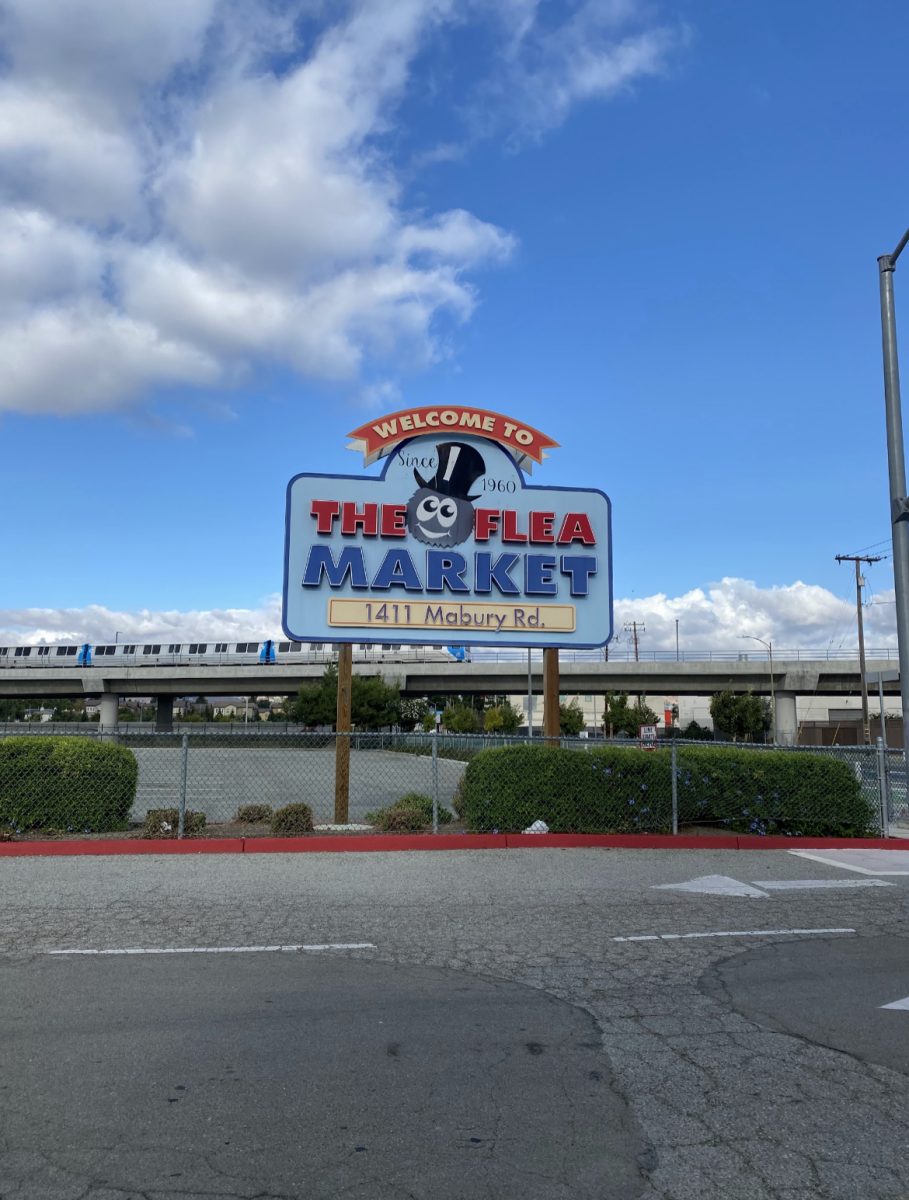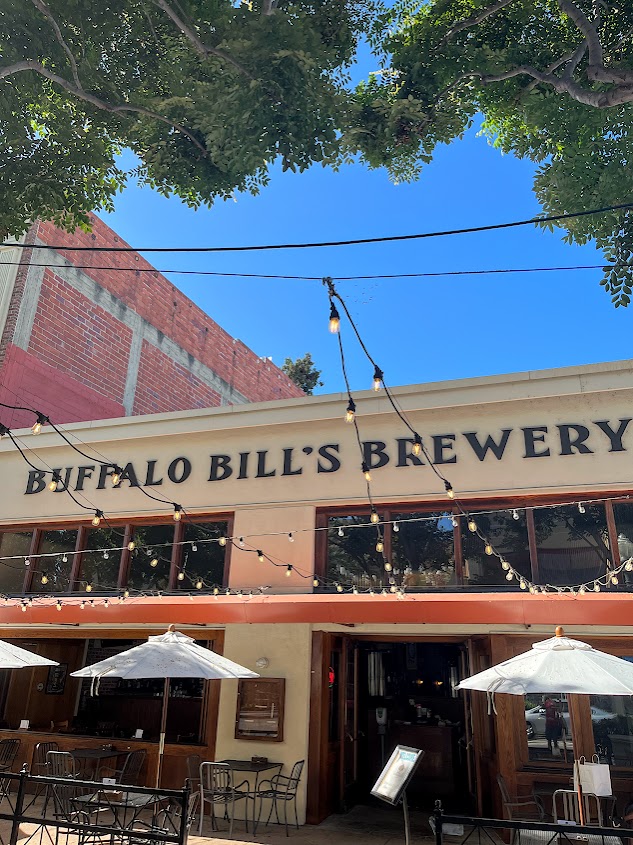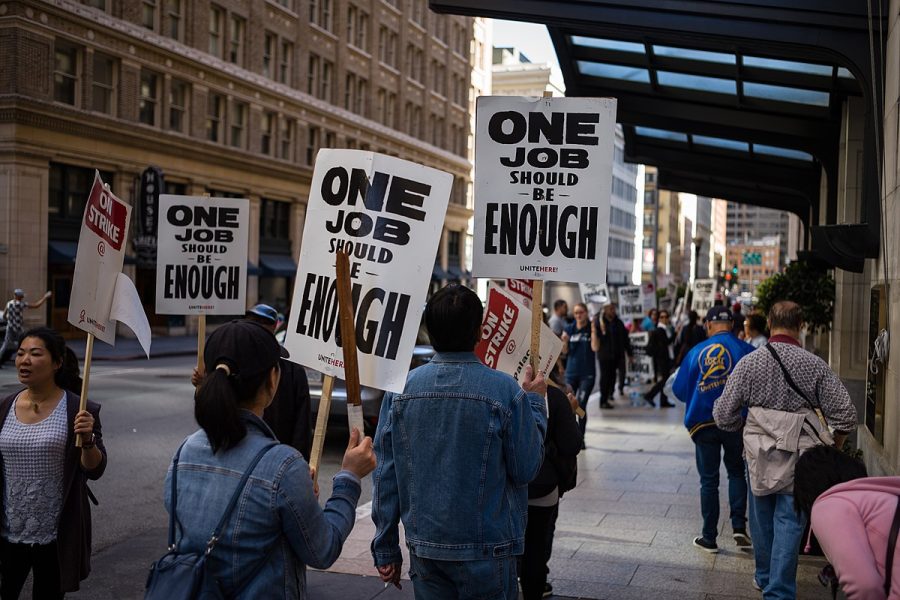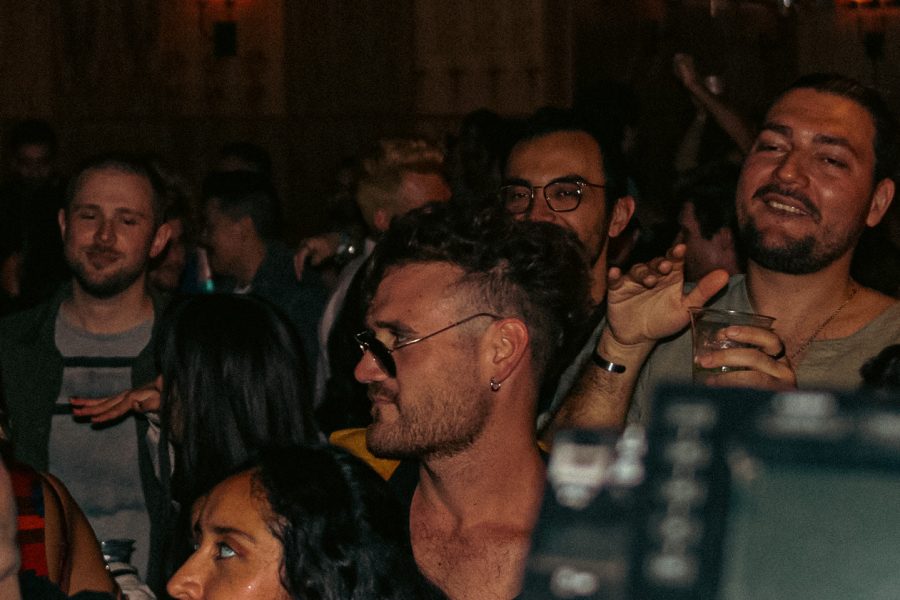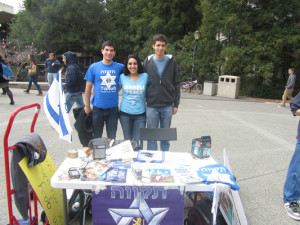
The beginning of March saw lectures and rallies across the nation for and against the policies instituted by the nation of Israel with regards to the social, economic and security concerns relating to the West Bank and the Gaza Strip.
In the Bay Area, the University of California, Berkeley is a barometer of student opinion. Both Israeli Apartheid Week—showcasing a pro-Palestinian viewpoint—and Israeli Peace and Diversity Week—showcasing a pro-Israeli viewpoint—were held concurrently in the beginning of March.
From March 1 to March 10, Israeli Apartheid Week—sponsored by Students for Justice in Palestine and the Associated Students of the University of California (ASUC)—and Israeli Peace and Diversity Week—sponsored by Tikvah: Students for Israel and the ASUC – tabled, rallied and hosted lecturing panels highlighting their positions.
A representative from the Students for Justice in Palestine stated that the goal of Israeli Apartheid Week was to “raise awareness about Israeli apartheid and the treatment of Palestinians.”
The argument comparing the Israeli Government to the National Party government in South Africa was challenged by presentations and events hosted by Israeli Peace and Diversity Week. Berkeley sophomore Nelia Barkhordar—a member of Tikvah: Students for Israel—called into question the notion of an Israel as an “apartheid state.”
“Israel is not an apartheid state,” said Barkhordar. “Apartheid in South Africa was based on racial oppression; this is not the case in Israel at all. The only difference in rights is between citizens and non-citizens, just like it is in every country.”
Israeli Apartheid Week sought to paint a picture depicting Israel’s policies towards the West Bank and the Gaza Strip as being akin to the policies enforced by the National Party during the period of white minority rule in South Africa.
These policies—modeled after the Jim Crow Laws of the segregated American South—denied rights and freedoms to South Africa’s majority black population.
In 1990 the apartheid system began to be dismantled by then-President Frederik Willem de Klerk, and in 1993 the African National Congress under Nelson Mandela completed the process of establishing a black majority government in South Africa.
Gila Hashkes—a native of Israel and representative of Hillel International, a group which promotes Jewish life on university campuses throughout the world—addressed directly the nagging question of why Israel began to construct the controversial West Bank barrier.
The West Bank barrier and the similarly designed Gaza Strip barrier are accused by critics of creating inordinate economic and transportation hardships among Palestinians. Supports argue that the barriers were created as a response to security pressures created by the continuing radical Palestinian terror attacks of the Second Intifada.
The Second Intifada began in 2000 after a seven-year lull in violence brought about by the 1993 Olso Accords. In spite of much of the progress made towards a peaceful Middle East being undone, life still goes on throughout Israel, the West Bank and the Gaza Strip.
“Civilian life has benefited greatly since the security fence was established,” said Hashkes. “We don’t see this as a permanent solution; we see this as a temporary measure. Right now Israel’s Supreme Court is deliberating ways to minimize Palestinian discomfort while ensuring Israel’s security.”
Overall, Hashkes characterizes daily life for civilians in Israel as “normal,” but at the same time she notes with Israeli support for freedom of the press the general population is not ignorant of consequences—both positive and negative—of the policies of the Israeli government in response to acts of terror by radical Palestinian groups.
The highlights of Israeli Apartheid Week were a series of evening lectures and film screenings. March 1 saw Susan Abulhawa—author of ‘Mornings in Jenin’—speak about “The Palestinian Story.”
March 7 saw a screening of ‘Soweto to Berkley’, a documentary about the role UC Berkeley students played in divesting over $3.1 billion in business from South African firms as a protest against apartheid-era South Africa. March 9 saw academics host a panel on the topic of the “Palestinian Civil Society’s Call for Boycott, Divestment and Sanction.”
Israeli Peace and Diversity Week presented an alternative series of daytime and evening events and lectures for the public to sample.
March 7 saw an evening presentation by Yaakov Lapin about how daily life in southern Israel had been disrupted by “rocket attacks” and other acts of terror. March 8 saw a daytime presentation about Human Rights in Israel. March 9 saw a large “Peace Rally” in Sproul Plaza showcasing what event supporters characterize as “Israel’s quest for peace.”
Overall, the events put on by both groups have remained peaceful and unmarred by disruptions. Officer Bennigson of the University of California Police Department said that the student advocates on either side have been respectful of one another’s right to engage in peaceful dialog.





